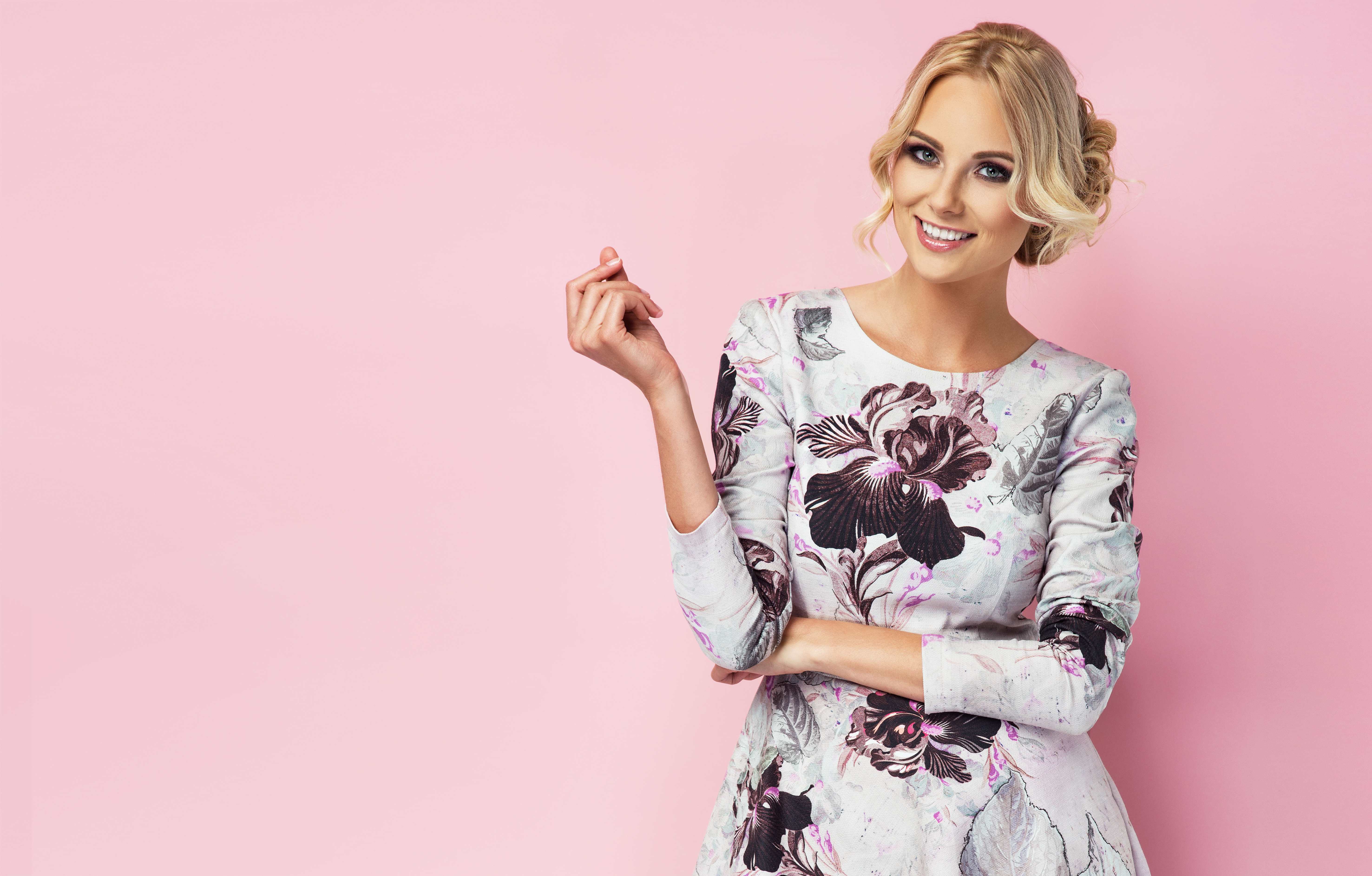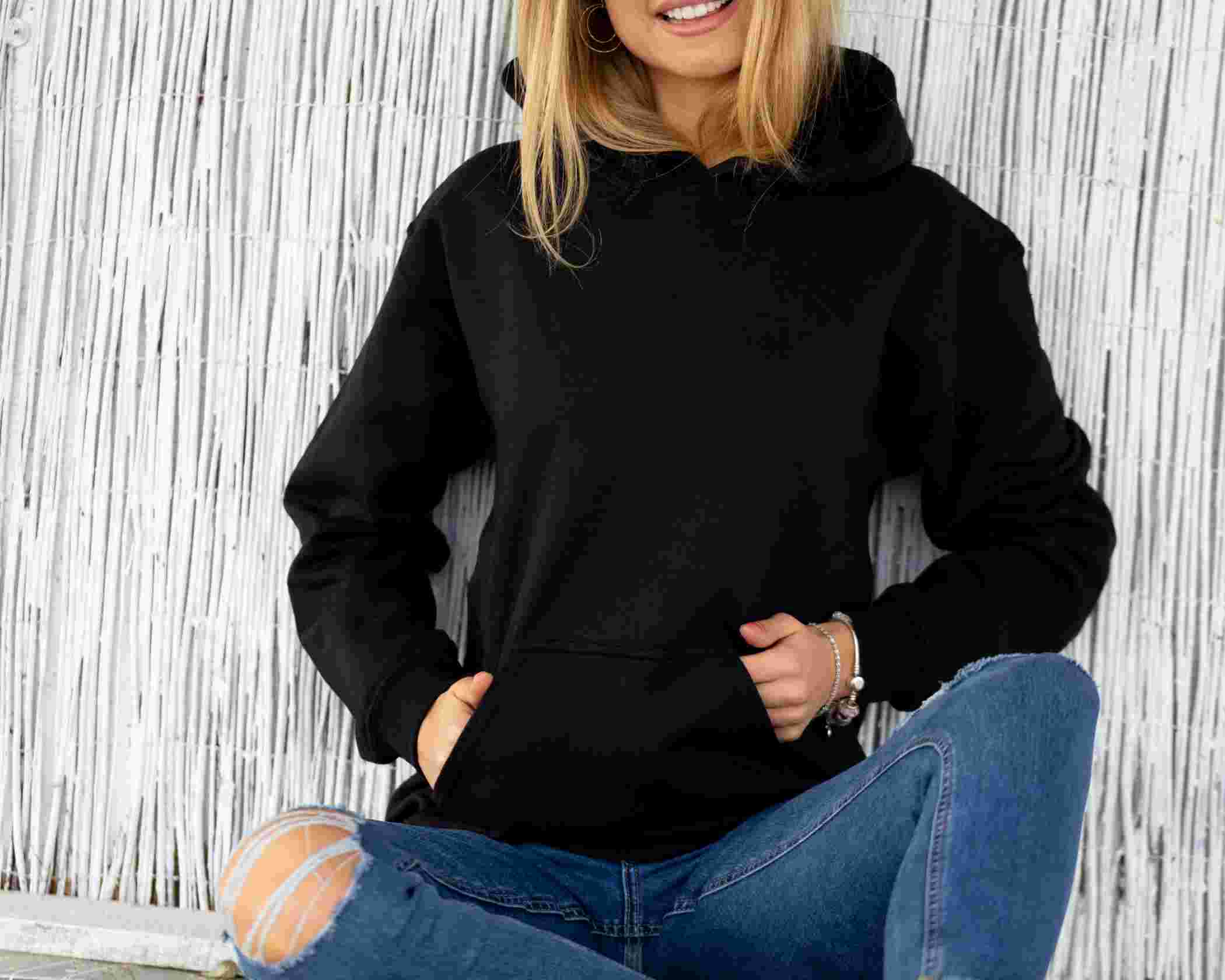History Of Victoria's Secret Have Plus Size

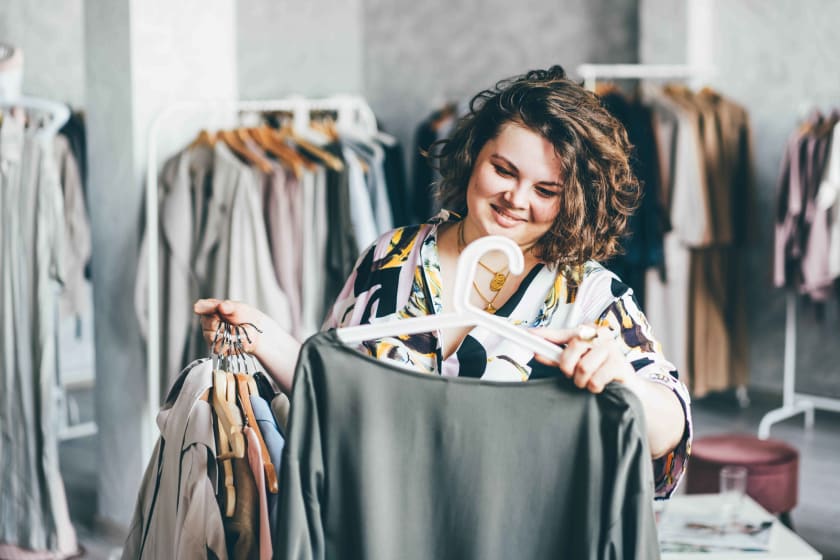

Summary: Victoria's Secret has long been the top lingerie retailer in the United States. However, the brand is under fire for its lack of diversity and general unwillingness to change its ways. Soon after the fallout, Victoria's Secret made a comeback by adding a new size-inclusive angel to their roster. This transition from an unwillingness to applying this small body positivity effort—does the brand deserve a pat on the back?
The modeling industry has been fiercely exclusive of thin-sized models. Models of young age, particularly, choose strict diets to maintain a small figure, which the fashion world demands. To fit in, they undergo harmful body transformations, hurting their physical and mental well-being.
The industry has been the harshest for young plus-size models who were born a larger size or who aren't stick thin. They had little to no chance in the modeling industry compared to normal models. But today, times have changed, and fashion prevails only if it caters to a wide range of tastes.
Though it took some time for Victoria's Secret to showcase a bigger size, it was a shocker to many. Ali-Tate Cutler was the first lucky plus-size model who appeared in an advertisement to launch the collaboration between Victoria's Secret and a UK-based lingerie company, Bluebella.
The annual show of the lingerie giant was even canceled in 2020, garnering a huge amount of criticism from several Hollywood stars for not embracing body differences and showcasing them on the runway.
What do the Numbers Say About Plus-Size in the Fashion Industry?
According to one study, more than 60% of women in the United States wear a size larger than 14. Additionally, the plus size industry data shows that the fashion industry will have more inclusivity in sizes, colors, and demographics. Since demographic changes are occurring throughout the population, they’ll significantly impact how people perceive and interact with the world, including, of course, plus-sized individuals.
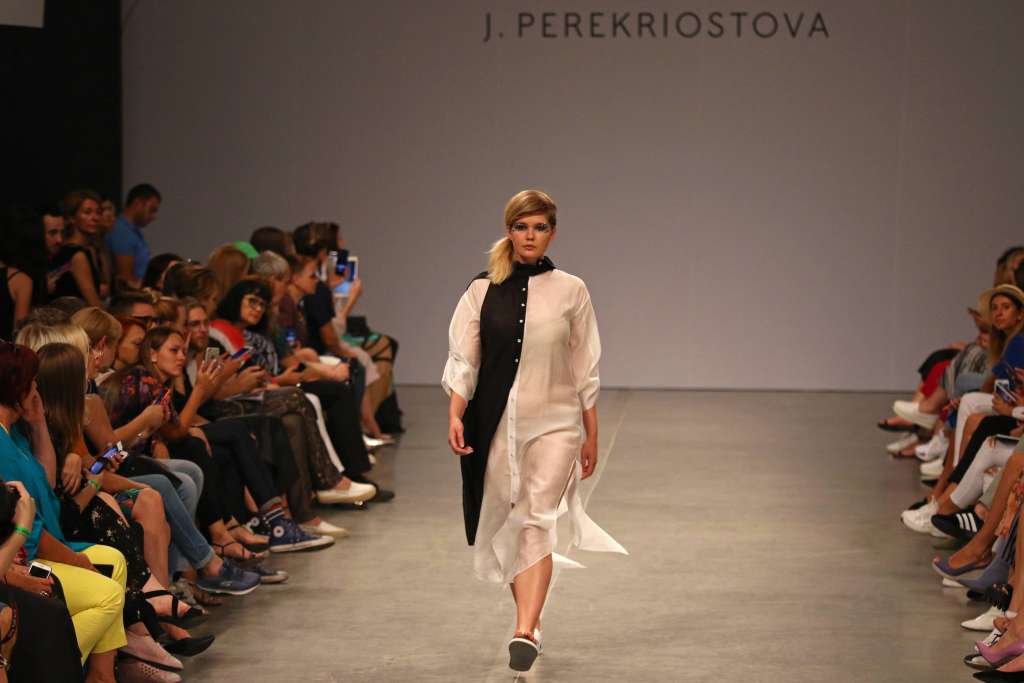
According to the statistics, inclusion in marketing is essential; inclusion is here to stay. And inclusive marketing will soon become the norm rather than the exception. Inclusivity also involves plus-size clothing which has grown in popularity throughout the years. Today, the plus-size category would account for $5-6 billion in demand by 2020.
Importance of Plus Size Fashion
Pressure of the Social Media
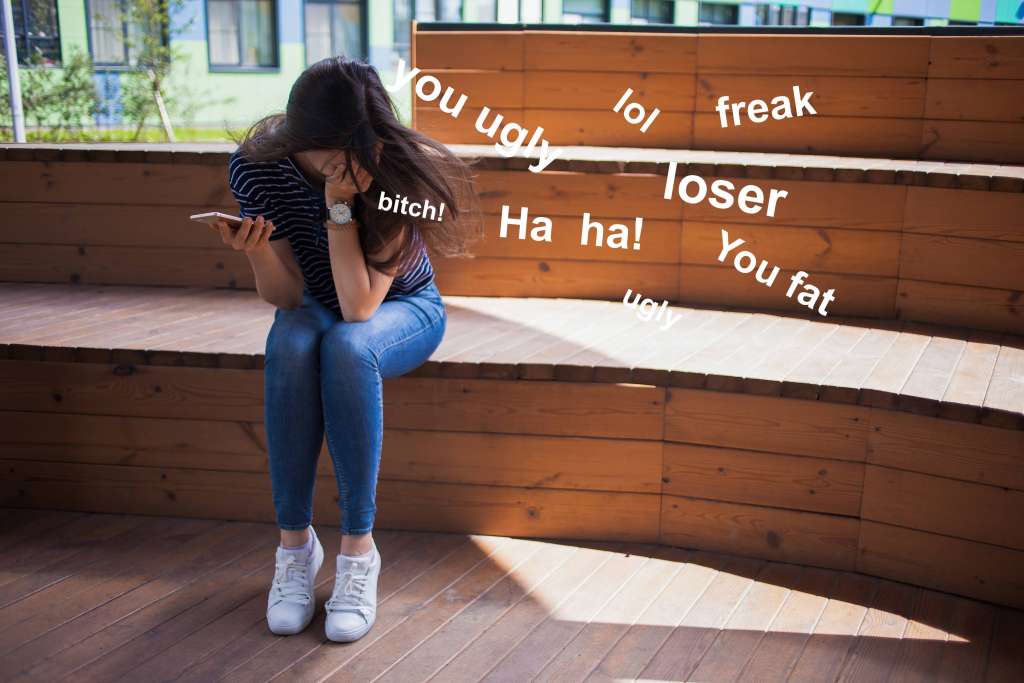
Most plus-sized women face bullying at work, with family, and on social media because most of the women were shamed for being overweight or not having size 14.
That's why plus-size fashion has grown large enough due to mainstream trends on social media to support the fact that being plus-sized is normal. It was a swiftly growing trend in the west, but it soon took over the world.
To fight the body shamers, this campaign was carried out. As a response, fast-fashion retailers like H&M, Shein, and Cato offer plus-size clothing. Shein launched its special Shein plus-size clothing, Violeta, a few years ago, with trendy items ranging in size from 12 to 30.
In addition, several retailers like Cato Corporation offered Cato plus size clothing with a diverse assortment that included everything from everyday clothing and lingerie to bridal gowns in sizes up to 34.
Fighting Body Shaming
Body shaming became a severe problem that took a toll on women's physical and mental health. Keeping this in mind, several brands like Shein and H&M introduced plus-size clothes into their wardrobe to cater to plus-size individuals. Today, many companies take it as their corporate responsibility to strengthen their brand identity through plus-size fashion and lingerie. Several brands and retailers offer a specific department for plus-sized women.
Economic Considerations
Aside from culture, the cost may be why some brands do not provide extended sizes. It may be more expensive to produce patterns larger than the sample size or to change sleeves or skirt length to accommodate larger numbers. However, fashion experts believe that technology will assist in reducing these costs in the future.
Involvement in High Fashion
The rise in sales of plus-size clothing has drawn the attention of several high-fashion brands to this market. This has resulted in spectacular plus-size fashion trends. It has also increased the number of plus-size models hired in the modeling profession. These models are gaining traction and upsetting traditional beauty standards across the country.
Beauty Comes in All Sizes
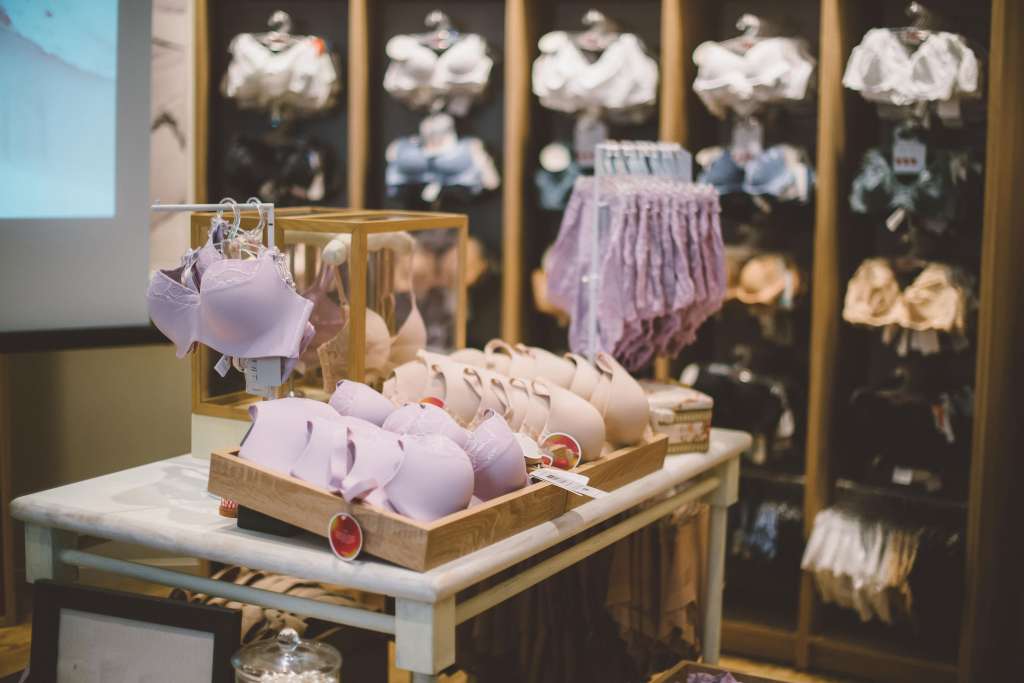
With the new era of body-positive plus-size fashion, the suppression and harmful degradation of women's external appearance are finally coming to an end. Besides top players introducing exclusive clothing lines such as Victoria's Secret plus size lingerie collection, new companies are launching exclusive collections in all sizes every day, reinforcing the notion that beauty comes in all sizes.
Key Takeaways
- Even today, plus-size fashion is mostly ignored in the fashion industry, with even the modest plus-size designs marketed and sold by slim models.
- Plus-size apparel lets the wearer feel included, gorgeous, and at ease in their skin, which was previously an impediment.
As more firms enter the fashion sector, they've developed a keen knowledge of plus-size women's confidence and body positivity. Several promotional actions have resulted in a rise in demand for plus-size clothes in today's biz. If you're looking for Plus-size fashion manufacturers, suppliers, and dealers, head to Fashinza!















